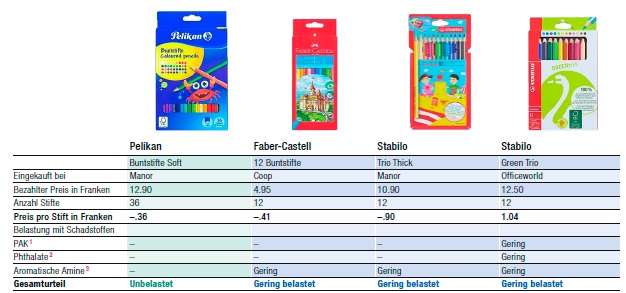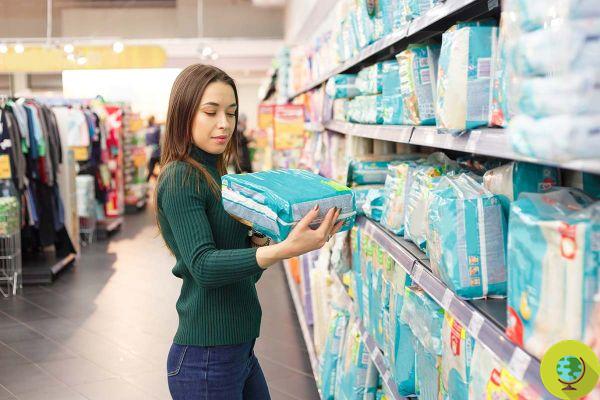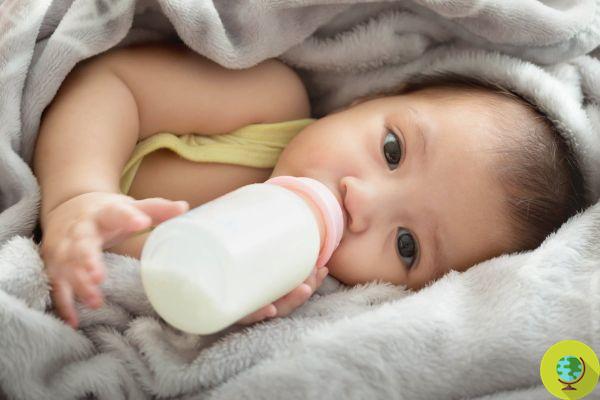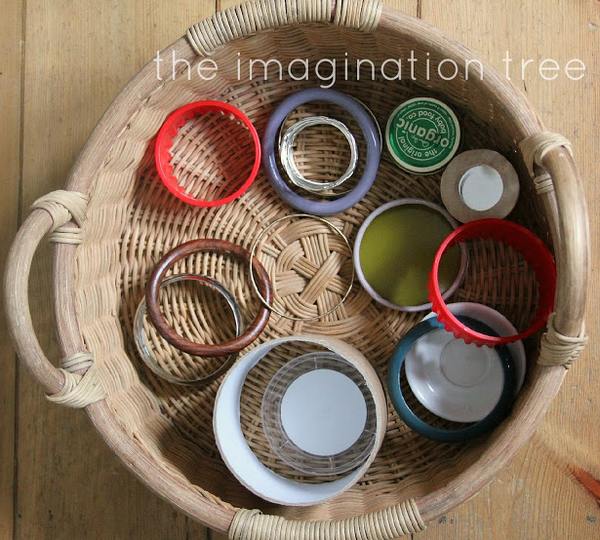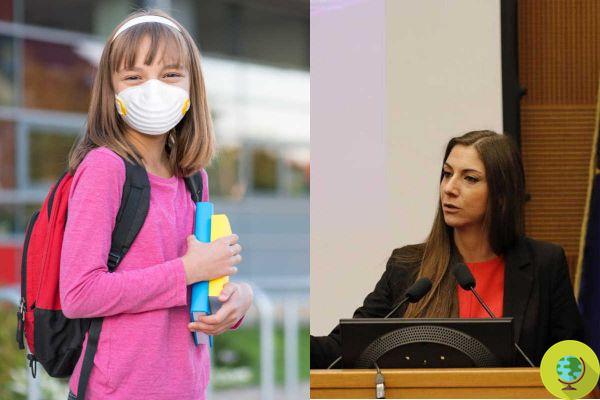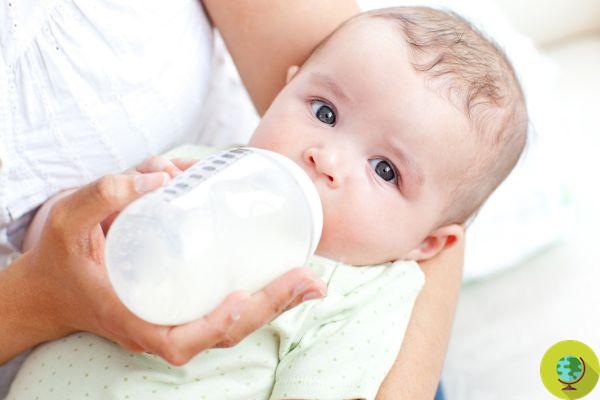
Pregnant women are overly exposed to aggressive infant formula marketing. According to a new UNICEF report, this is a problem that affects the whole world.
Don't store avocado like this: it's dangerousBreastfeeding is the best choice for every new mother and yet, thanks to aggressive and incorrect marketing by formulated milk companies, many women risk choosing to bottle-feed their babies, to the detriment of the benefits for themselves and for their children.
A new Unicef report, commissioned by the WHO, which analyzed how the marketing of infant formula reaches the majority of women in Bangladesh, China, Mexico, Morocco, Nigeria, South Africa, UK e Vietnam (the countries sampled in the report).
As Unicef writes:
More than half of the parents and pregnant women (51%) surveyed for a new WHO / UNICEF survey said they were targeted by the marketing of formula milk companies, largely in violation of international standards on feeding practices. feeding children.
And yes, because there are very specific rules that prohibit aggressive advertising of this type, precisely in order to encourage breastfeeding, whenever possible. Also read: Breastfeeding is better, no matter what the advert says!
The misleading and scientifically unfounded messages that infant formula companies often launch violate the 1981 International Code on the Marketing of Breastmilk Substitutes.
The results of the report
More specifically, the new report, which was based on interviews with 8500 parents and pregnant women and 300 workers and health workers, highlights that the exposure to marketing concerning formulated milk reaches 84% of pregnant women in the Kingdom. United, 92% of Vietnamese women and 97% of Chinese women.
Formula milk lobbies use the following bad practices:
- unregulated and invasive online marketing (through TV commercials, TikTok videos, etc.)
- networks of consultants and sponsored toll-free numbers
- promotions and giveaways
- practices to influence the training and recommendations of female and health workers
All channels that could in some way affect the free choice of mothers to breastfeed, turning them instead towards formulated milk.
It is no coincidence that the formula milk industry makes $ 56 billion a year and spends about 10% of it on advertising. A “gigantic commercial machine” chasing profit even at the expense of health, as UNICEF points out.
Through aggressive marketingIn fact, completely wrong messages are conveyed: such as the fact that it is necessary to use formulated milk immediately after birth, that some specific ingredients present in the formulas are able to improve the baby's development or immunity, that this type of milk will satiate longer or that the quality of the milk maternal decline over time.
In fact, what WHO advises and of breastfeeding immediately after birth and breastfeeding exclusively for at least the first 6 months of the baby. Breast milk, in fact, among the many benefits, protects babies from various childhood diseases, reduces the risk of getting sick in subsequent years of diabetes or obesity and much more.
Read also: Breastfeeding: all the advantages and benefits for mom and baby
Commenting on the results of the report, Catherine Russell, UNICEF Director-General said:
Substantial breastfeeding policies, laws and investments are needed to ensure that families are protected from unethical marketing practices - and have access to the information and support they need to raise their girls and boys.
Tedros Adhanom Ghebreyesus, WHO Director-General also agrees:
Instrumental marketing regulations need to be adopted and enforced as a matter of urgency to protect the health of boys and girls.
What is being asked to do concretely to limit this phenomenon? Unicef and WHO believe that restrictions on this type of advertising are necessary for public health reasons, just as is already the case, for example, for tobacco. Not only that, we must invest in promoting breastfeeding as well as banning health professionals from accepting sponsorship from companies that market baby food.
Finally, we recall the enormous environmental impact that infant formula has, as opposed to breastfeeding which, in addition to being healthier, is also decidedly more sustainable and economical.
Follow us on Telegram | Instagram | Facebook | TikTok | Youtube
Source: Unicef
Read also:
- Artificial milk: in full Covid emergency, so some hospitals violate the Code. "The health of mothers and babies at risk"
- Studies on infant formula lack "independence or transparency", scientific review raises the alarm
- Brands of infant formula, so hospitals "cheat" the law and the Unicef code (even more so in the days of Covid
- Heavy metals in infant formula and fruit juices: Europe has lowered cadmium and lead levels, the list)
- Powdered milk for babies, controversial substances in formulas for premature babies. Aptamil the best of the German test







